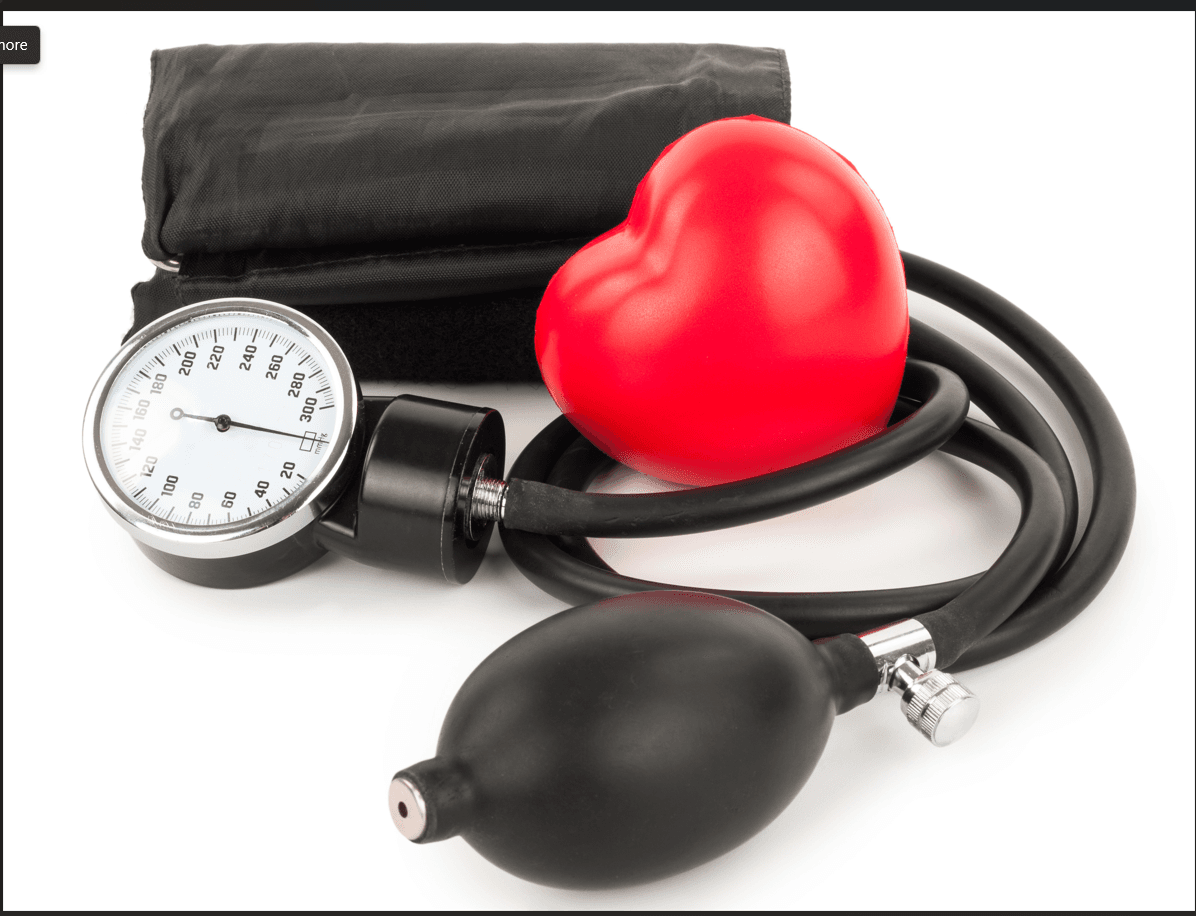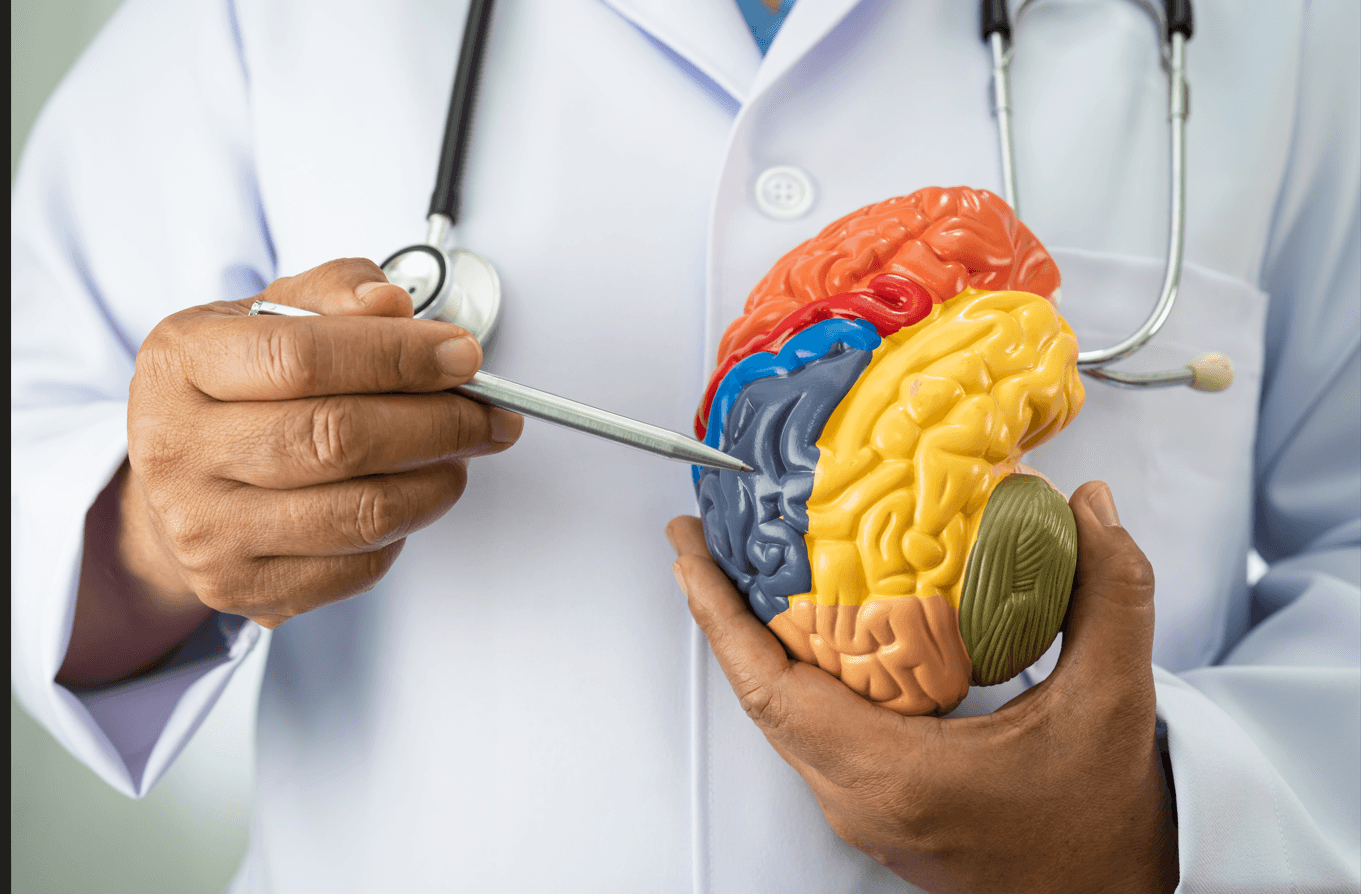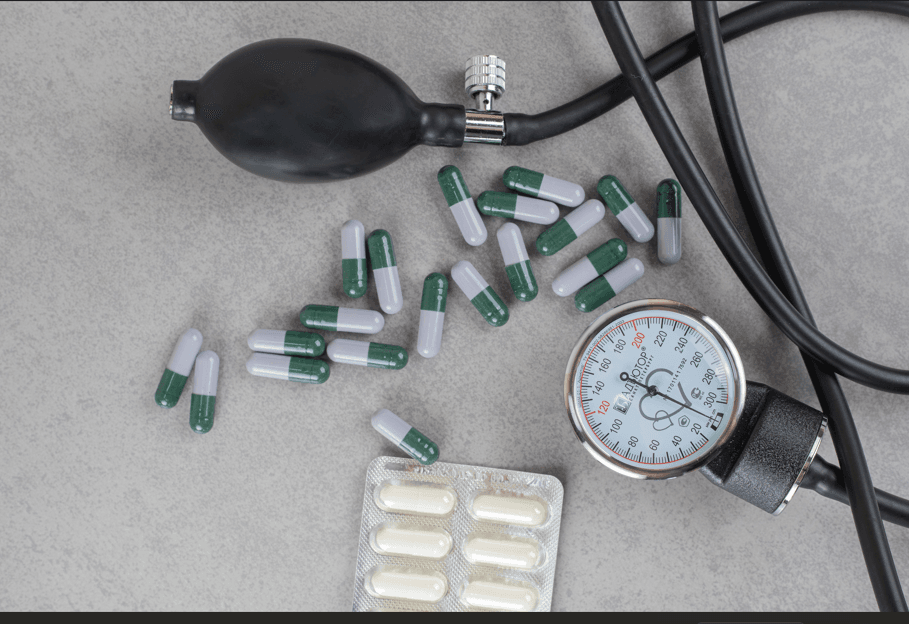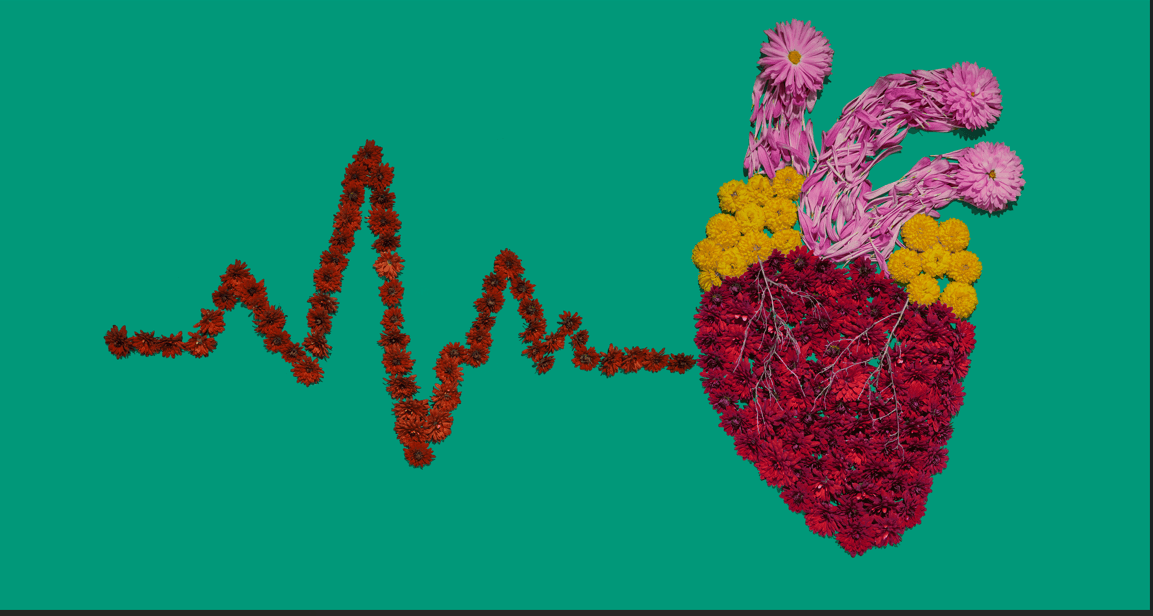High blood pressure—also known as hypertension—is often called the “silent killer.” It typically presents no symptoms in its early stages, yet it quietly damages your heart, blood vessels, brain, kidneys, and eyes over time. Because of its subtle nature, many people don’t realize the danger until it’s too late.
Understanding and managing high blood pressure isn’t just a medical recommendation—it’s a life-saving necessity. In this blog, we’ll explore why managing hypertension is so crucial, the risks of ignoring it, and practical steps to control it before complications arise.

What Is High Blood Pressure?
Blood pressure is the force your blood exerts against the walls of your arteries. It’s measured using two numbers:
- Systolic pressure (top number): The pressure when your heart beats.
- Diastolic pressure (bottom number): The pressure when your heart rests between beats.
Normal blood pressure is considered below 120/80 mmHg. Hypertension is usually diagnosed when:
- Systolic is 130 mmHg or higher, or
- Diastolic is 80 mmHg or higher
Hypertension can be classified as:
- Stage 1 Hypertension: 130-139/80-89 mmHg
- Stage 2 Hypertension: 140+/90+ mmHg
- Hypertensive Crisis: 180+/120+ mmHg (Seek immediate medical attention)

Why Is Managing High Blood Pressure So Important?
1. Reduces the Risk of Heart Disease
High blood pressure forces your heart to work harder than it should. Over time, this causes the heart muscle to thicken, stiffen, and weaken.
- Increases risk of heart attack, heart failure, and arrhythmias
- Contributes to atherosclerosis, or hardening of the arteries
- Damages the coronary arteries, restricting blood flow to the heart
By managing hypertension, you’re directly protecting your heart’s function and longevity.

2. Prevents Stroke and Brain Damage
Hypertension is a leading cause of stroke. High pressure can cause arteries in the brain to burst (hemorrhagic stroke) or become blocked (ischemic stroke).
- Can lead to permanent disability, speech issues, or paralysis
- Increases the risk of vascular dementia and cognitive decline
- Causes small vessel disease, affecting memory and thinking
Controlling blood pressure helps ensure better brain health and reduces stroke risk dramatically.

3. Protects Your Kidneys
Your kidneys filter waste from your blood, and they rely on a network of small, delicate blood vessels to do so. Hypertension can severely damage these vessels.
- Causes chronic kidney disease (CKD)
- May lead to kidney failure requiring dialysis or transplant
- Increases protein leakage in urine—a warning sign of kidney damage
By lowering blood pressure, you help maintain your kidneys’ ability to function and filter effectively.
4. Preserves Vision and Eye Health
Hypertension can cause damage to the tiny blood vessels in your eyes—a condition called hypertensive retinopathy.
- Can result in blurred vision, vision loss, or retinal bleeding
- Increases risk of glaucoma and macular degeneration
- May cause swelling in the optic nerve (hypertensive optic neuropathy)
Protecting your vision starts with managing your blood pressure.
5. Improves Overall Longevity and Quality of Life
Uncontrolled hypertension often leads to serious, life-altering complications. The earlier you manage it, the more likely you are to live a longer, healthier life.
- Reduces hospital visits and long-term medication needs
- Improves physical performance and stamina
- Decreases risk of sudden cardiac death or stroke
By keeping your blood pressure in a healthy range, you increase your chances of living well, not just longer.

What Causes High Blood Pressure?
There are two main types of hypertension:
1. Primary (Essential) Hypertension
- No identifiable cause
- Develops gradually over years
- Most common form (90-95% of cases)
2. Secondary Hypertension
- Caused by underlying conditions such as:
- Kidney disease
- Hormonal disorders
- Certain medications
- Sleep apnea
- Often appears suddenly and can be more severe
Common Risk Factors:
- Obesity
- Lack of physical activity
- High-sodium, low-potassium diet
- Smoking and alcohol use
- Stress
- Family history of hypertension
- Age (more common over 40)

How to Manage High Blood Pressure
The good news? Hypertension is highly manageable with lifestyle changes and, if needed, medications.
Lifestyle Modifications:
1.Eat a heart-healthy diet.
- Follow the DASH diet (Dietary Approaches to Stop Hypertension)
- Focus on fruits, vegetables, whole grains, lean proteins, and low-fat dairy
- Limit salt, saturated fats, and added sugars
2.Exercise regularly.
- Aim for at least 150 minutes of moderate aerobic activity per week
Walking, swimming, cycling, or dancing all help

3.Maintain a healthy weight:
- Losing even 5-10 pounds can make a big difference
4.Limit alcohol and avoid tobacco:
- Smoking constricts blood vessels
- Excessive alcohol raises blood pressure
5.Manage stress:
- Try meditation, yoga, deep breathing, or therapy

6.Monitor your blood pressure.
- Keep track at home using a digital BP monitor
- Log your readings and share them with your doctor
Medical Treatment:

If lifestyle changes aren’t enough, your doctor may prescribe medication, such as:
- Diuretics (help your body eliminate excess salt and water)
- ACE inhibitors/ARBs (relax blood vessels)
- Beta-blockers (reduce heart rate and output)
- Calcium channel blockers (relax arteries)
Always take medications exactly as prescribed and follow up with your healthcare provider regularly.
The Danger of Ignoring High Blood Pressure
Because high blood pressure often causes no symptoms, many people underestimate its impact. But left untreated, it quietly causes cumulative damage. Ignoring it increases your risk of:
- Heart attack
- Stroke
- Kidney failure
- Aneurysm
- Vision loss
- Cognitive decline
- Death
Even slightly elevated blood pressure over time can lead to major health issues. Early intervention is essential.
Final Thoughts
Managing high blood pressure is one of the most effective ways to protect your health and improve your quality of life. It’s not just about preventing numbers from going up—it’s about preventing damage to your heart, brain, kidneys, eyes, and more.
You don’t have to do it alone. With the support of your healthcare team, family, and some practical lifestyle adjustments, you can take control of your blood pressure and your future.
Start today—because every heartbeat matters.





